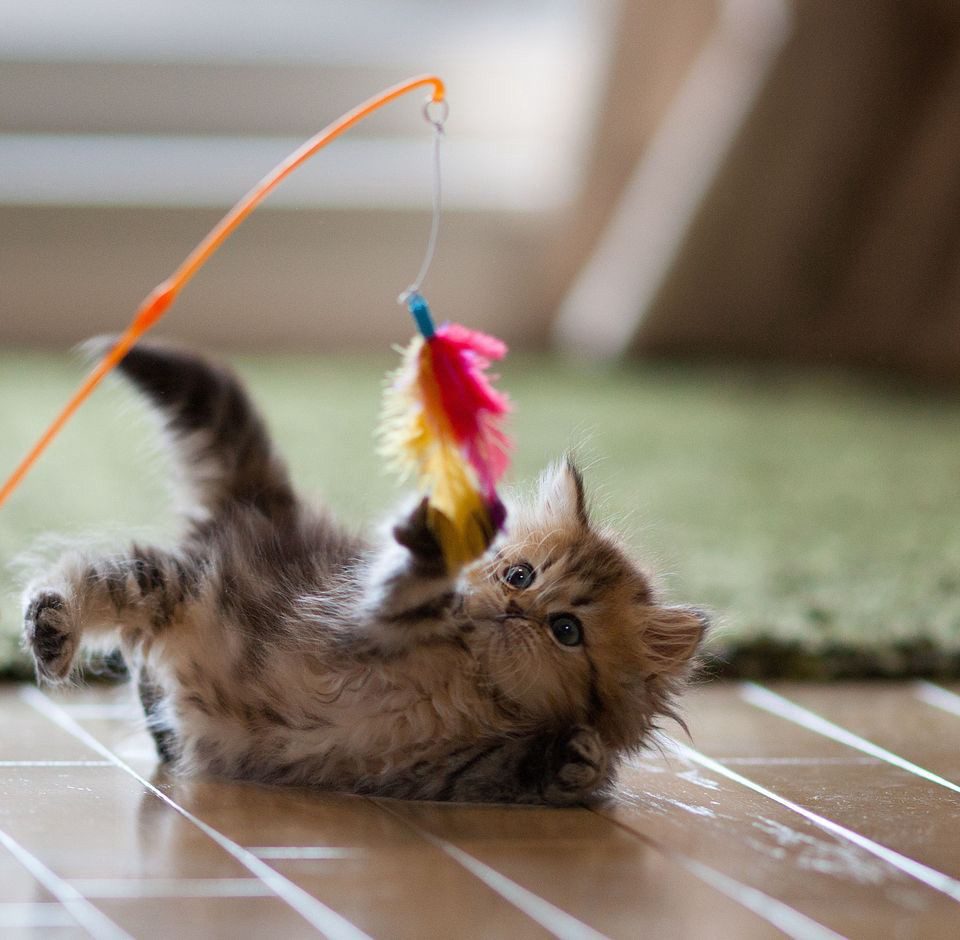Managing Canine Anxiety
Our canine companions are incredibly emotional creatures. Fido is definitely capable of experiencing emotions such as fear, depression, loneliness, and grief. He can also suffer from anxiety. This can be quite challenging for him, both emotionally and physically. This essay, written by a Louisville, KY veterinarian, offers valuable insights into the topic of doggy anxiety.
How Can You Identify Anxiety Symptoms in Dogs?
Undoubtedly, Fido is unable to articulate his emotions. It’s important to be aware of warning indicators, as they can vary depending on Fido’s stress level and the cause of his distress.
These will vary, depending on what the pooch is reacting to. For instance, if a pooch is scared of something, like a loud noise, they might tremble, tuck their tail, seek shelter, or attempt to escape the situation. One of the reasons why lost pet reports tend to increase around the Fourth of July is because many dogs become frightened by the loud noises and chaos caused by fireworks, causing them to try and escape.
Warning signs include reduced activity, escape attempts, panting, pacing, licking, tail chasing, diarrhea, fear urination, hot spots/lesions from licking or biting, tail-chasing, yowling/barking when left alone, destructive behaviors (getting into the trash, digging, destroying furniture), trembling, tail-tucking, hiding, cowering, digging, not eating, urinating more frequently, soiling inappropriately, restlessness, licking the lips, showing the whites of the eyes (whale eye), looking away. Occasionally, anxiety in dogs can manifest as aggressive behavior.
If you suspect that your furry companion may be experiencing anxiety or if you have observed any of the following symptoms in your dog, it is important to promptly reach out to your veterinarian.
Do Certain Breeds Get Anxiety More?
Although anxiety can impact dogs of all kinds due to various factors, certain breeds may be more susceptible to experiencing it. The roster includes the following adorable puppies:
- Mini Schnauzer
- Shetland Sheepdog
- Yorkshire Terrier
- Bichon Frise
- Toy Poodle
- Labrador Retriever
- Cocker Spaniel
- German Shorthaired Pointer
- Vizsla
- Cavalier King Charles Spaniel
- Basset Hound
- Dachshund
- Greyhound
- Chihuahua
- German Shepherd
- Australian Shepherd
- Border Collie
- Jack Russell Terrier
As mentioned before, dogs that have experienced abuse, neglect, or have been rehomed are particularly vulnerable, as well as those with certain medical conditions like dementia. For more details, get in touch with your Louisville, KY veterinarian.
What Can I Do To Assist My Dog In Managing His Anxiety?
Fortunately, there are several strategies you can employ to assist your furry companion in improving his ability to cope with anxiety.
First and foremost, reach out to your veterinarian. If there is an undiscovered medical issue, it is crucial to address it promptly. Some puppies may need behavioral training. Medicine can be highly effective in certain situations. (Note: It is important to always consult your veterinarian before giving anything to your dog.)
It’s important to make sure that your furry friend gets enough mental and physical activity. Taking Fido for walks and engaging in playtime will help him release his pent-up energy in a beneficial manner. This is also great for building strong connections. Establishing a regular schedule for your pet’s walks and playtime can also contribute to a sense of stability. Training and puzzle toys provide mental stimulation, giving your pup something else to focus on.
If your pet experiences separation anxiety, you might want to consider getting them a companion. Obviously, this isn’t a universal recommendation. Whether it’s a good idea or not will be contingent upon your furry companion’s individual temperament and history. It’s important to approach this decision with careful consideration. You’ll need to consider your household, schedule, budget, and any other pets you have. If you do decide to move forward, you’ll need to take care to pick the right pup. If Fido isn’t fond of his new companion, it could further agitate him.
Products designed to promote relaxation, like soothing shirts, suitable chews, cozy mattresses, and engaging toys, can also be beneficial. Consult with your veterinarian to get some recommendations.
It’s important to keep in mind certain things to avoid. Never punish your dog for showing signs of nervousness or anxiety. Fido doesn’t fully grasp the concept of punishment; he’s simply trying to communicate and defend himself. Scolding him might worsen the situation and potentially instill fear in him. Highlighting positive reinforcement would be your most effective approach. Consult your veterinarian for specific guidance.
What Makes Dogs Anxious?
Anxiety in our canine companions can be triggered by many things. Various factors, such as Fido’s attitude, background, living situation, and breed, may all play a role.
These are some of the key triggers:
Poor/Lack of Socialization: Socialization can play a huge role in dogs’ outlooks on life. It’s important for young Fido to experience different environments and meet new people while he’s still a puppy. These events should be a source of joy for him, not something that causes fear. This will assist him in cultivating a broad perspective and a favorable outlook on the world. Dogs that were not properly socialized are much more likely to show signs of anxiety or aggression as they grow older.
Fears: Did you know that dogs can actually develop phobias? Thunderstorm anxiety is a prime example. Man’s Best Buddy can also be afraid of loud noises, like fireworks.
Health Concerns: Similar to humans, our furry friends can experience a range of illnesses and injuries. Unfortunately, they can’t tell us about the issue, or really understand it. Anything that hampers Fido’s senses, movement, or nerve system can potentially lead to anxiety. Canine dementia, for instance, can lead to anxiety in older dogs.
Big Change: Fido is a creature of habit, and he feels most secure when things are stable. Our furry friends can become quite distressed by significant changes, such as moving, getting a new human or animal roommate, experiencing the loss of a loved one, and adapting to changes in our schedules, such as going back to school.
New Experiences: Fido may feel anxious and unsettled when he is placed in an unfamiliar environment or circumstance. Interacting with strange individuals or other animals can cause a great deal of stress for our beloved canine companions!
Separation Anxiety: Separation anxiety is a very common—in fact, the most common—form of anxiety in dogs. Fido is a pack animal by nature. Dogs in the wild typically stick with their companions. Leaving your pet alone can cause him to feel unsettled. Our furry friends often struggle to communicate their feelings, so they may release their anxiety by acting up. If you come back to find that your furry companion has caused a mess in your absence, it’s highly likely that separation anxiety is the culprit.
Separation anxiety can affect any dog. However, it is particularly prevalent in rescue dogs, possibly due to having been abandoned by previous owners. Dogs that have been rehomed are also at a higher risk of developing this condition.
Conclusion: Anxiety is fairly common in dogs. There are many possible causes, which range from separation anxiety to specific phobias. While anxiety can’t always be cured, there are ways to help your canine friend cope better.
Experience The Best In Veterinary Care At Our Louisville, KY Pet Clinic
Do you have any inquiries regarding your dog’s health or care? Feel free to reach out to us, your pet hospital in Louisville, KY anytime! We are more than happy to help!



